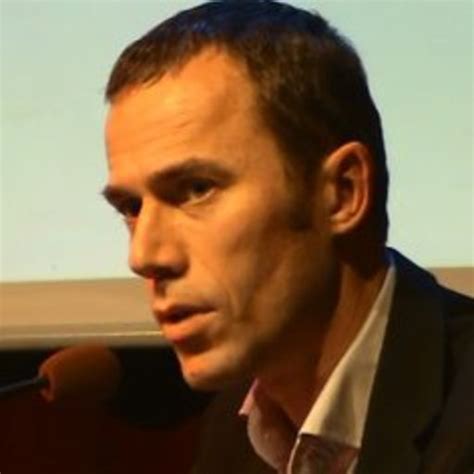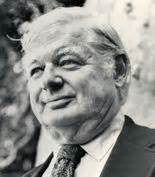A Quote by Denis Diderot
Our observation of nature must be diligent, our reflection profound, and our experiments exact. We rarely see these three means combined; and for this reason, creative geniuses are not common.
Related Quotes
We have three approaches at our disposal: the observation of nature, reflection, and experimentation. Observation serves to assemble the data, reflection to synthesise them and experimentation to test the results of the synthesis. The observation of nature must be assiduous, just as reflection must be profound, and experimentation accurate. These three approaches are rarely found together, which explains why creative geniuses are so rare.
Since we are assured that the all-wise Creator has observed the most exact proportions of number, weight and measure in the make of all things, the most likely way therefore to get any insight into the nature of those parts of the Creation which come within our observation must in all reason be to number, weigh and measure.
It's true the Holy Spirit alone can reproduce the character of our Lord Jesus, and we must always abide in Christ. But the Bible also makes us active partners in the process, and we must be diligent to do our part. "Be diligent to present yourself approved to God, a worker who does not need to be ashamed".
And when someone suggests you believe in a proposition, you must first examine it to see whether it is acceptable, because our reason was created by God, and whatever pleases our reason can but please divine reason, of which, for that matter, we know only what we infer from the processes of our own reason by analogy and often by negation.
The refusal to be creative is an act of self-will and is counter to our true nature. When we are open to our creativity, we are opening to God: good, orderly direction. As we pursue our creative fulfillment, all elements of our life move toward harmony. As we strengthen our creativity, we strengthen our connection to the Creator within. Artists love other artists. Our relationship to God is co-creative, artist to artist. It is God's will for us to live in creative abundance.
We have been crafted by disaster to push out to the utmost horizon to find out what's on the other side of it. That's in our nature. What's also in our nature is a profound love and connection to our children and our communities. Those two things are very much at conflict with one another at certain moments.
Obviously, therefore, we must be able to transcribe what is in us into our mental and objective consciousness, by establishing a relationship between the life in us and observation of that life in Nature. This we find supremely well expressed by the ancient Egyptians. It is a knowledge of magic, pure and sane, which can lead rapidly toward the spiritual goal of our lives, owing to the fact that we can evoke, by means of the sympathy of analogues in our surroundings, the consciousness of the heart latent in us.
Mystical experience of nature can be of particular relevance to our troubled age, bringing deeper into our consciousness and emotions the logic that nature sustains humanity as humanity must, in turn, sustain nature. Rationality alone, however, cannot be our guide in the task of restoring our environment. A spiritual connection to nature must inspire the emotional commitment that is the yin, complementing the yang of intellectual understanding.
Both our present science and our present technology are so tinctured with orthodox Christian arrogance toward nature that no solution for our ecologic crisis can be expected from them alone. Since the roots of our trouble are so largely religious, the remedy must also be essentially religious, whether we call it that or not. We must rethink and refeel our nature and destiny.
Art that means anything in the life of a community must bear some relation to current interpretations of the mystery of the universe. Our rigid separation of the humanities and the sciences has temporarily left our art stranded or stammering and incoherent. Both art and science ought to be blended in our early education of our children's emotions and powers of observation, and that harmony carried forward in later education.
At times many of us let that enemy of achievement--even the culprit 'self-defeat'--dwarf our aspirations, smother our dreams, cloud our vision, and impair our lives. The enemy's voice whispers in our ears, 'You can't do it.' 'You're too young.' 'You're too old.' 'You're nobody.' This is when we remember that we are created in the image of God. Reflection on this truth provides a profound sense of strength and power.



































